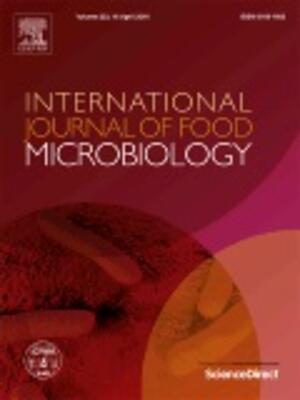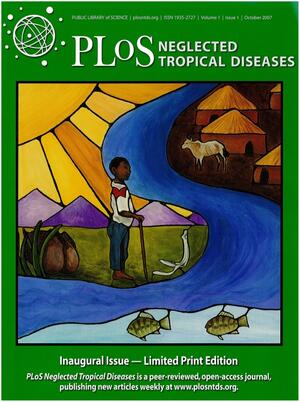
Smallholder pig producers and their pork consumption practices in three districts in Uganda
Abstract
Pig production is thriving in Uganda and the demand for pork is increasing, therefore offering potential for smallholder farmers for increased income through pig production. A multi-disciplinary value chain assessment conducted by the International Livestock Research Institute aimed to identify constraints and opportunities for pig producers as well as shortcomings in the safety of pork products in three districts in Uganda. Tools from participatory research were used to assess pork consumption habits as well as knowledge, attitudes and practices on pork safety among 295 pig producers. Pork is widely popular and mostly consumed well-cooked. However, practices such as roasting may lead to the ingestion of undercooked pork, and accompanying dishes such as raw vegetables may lead to cross-contamination of the meat causing food-borne diseases. The scarcity of data on zoonotic pig pathogens, such as erysipelas, salmonellosis, brucellosis and pork-borne parasites calls for further research.
Citation
Roesel, K., Ouma, E.A., Dione, M.M., Pezo, D., Grace, D. and Alonso, S. 2014. Smallholder pig producers and their pork consumption practices in three districts in Uganda. Presented at the 6th All Africa Conference on Animal Agriculture, Nairobi, Kenya, 27-30 October 2014. Nairobi, Kenya: ILRI.










